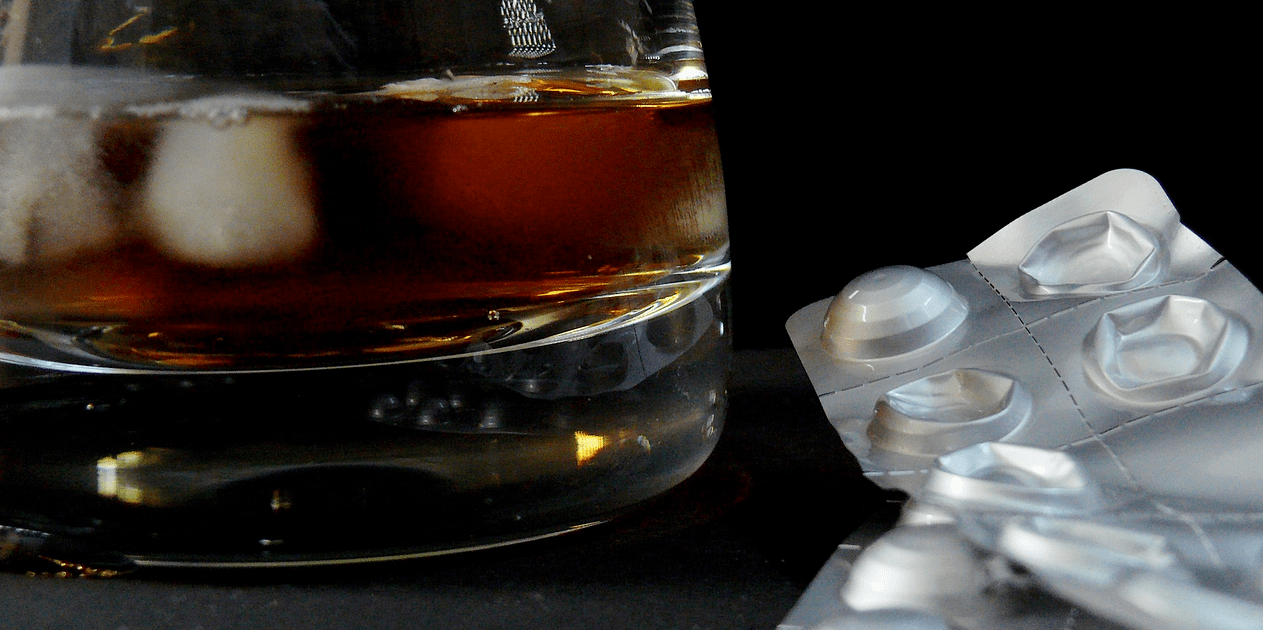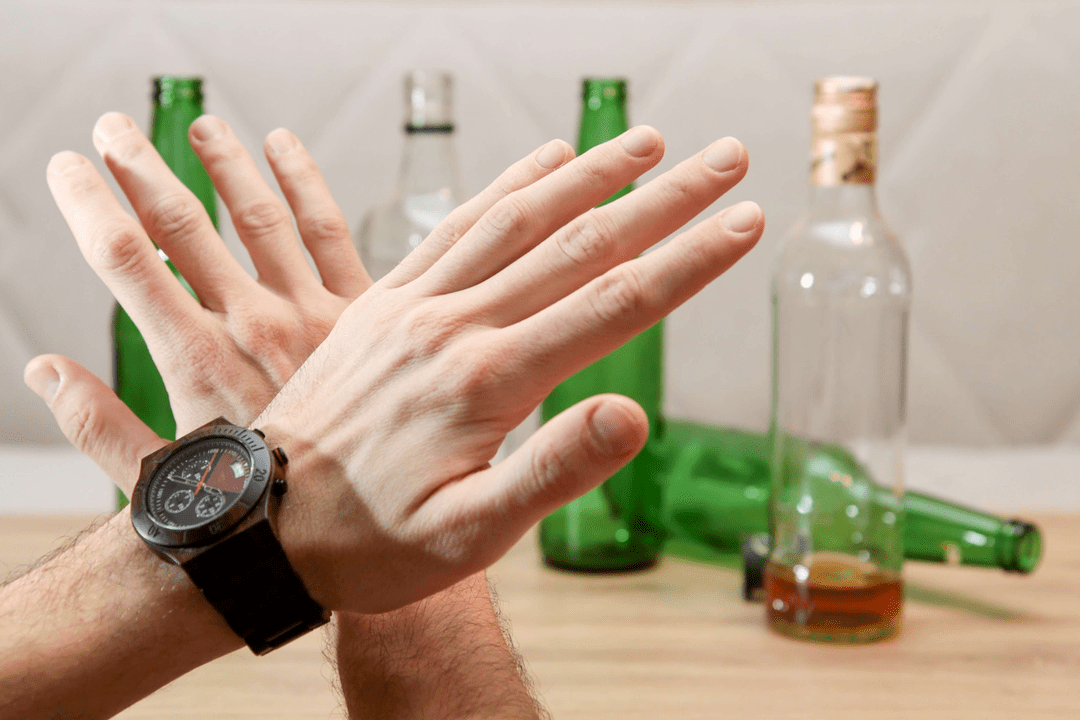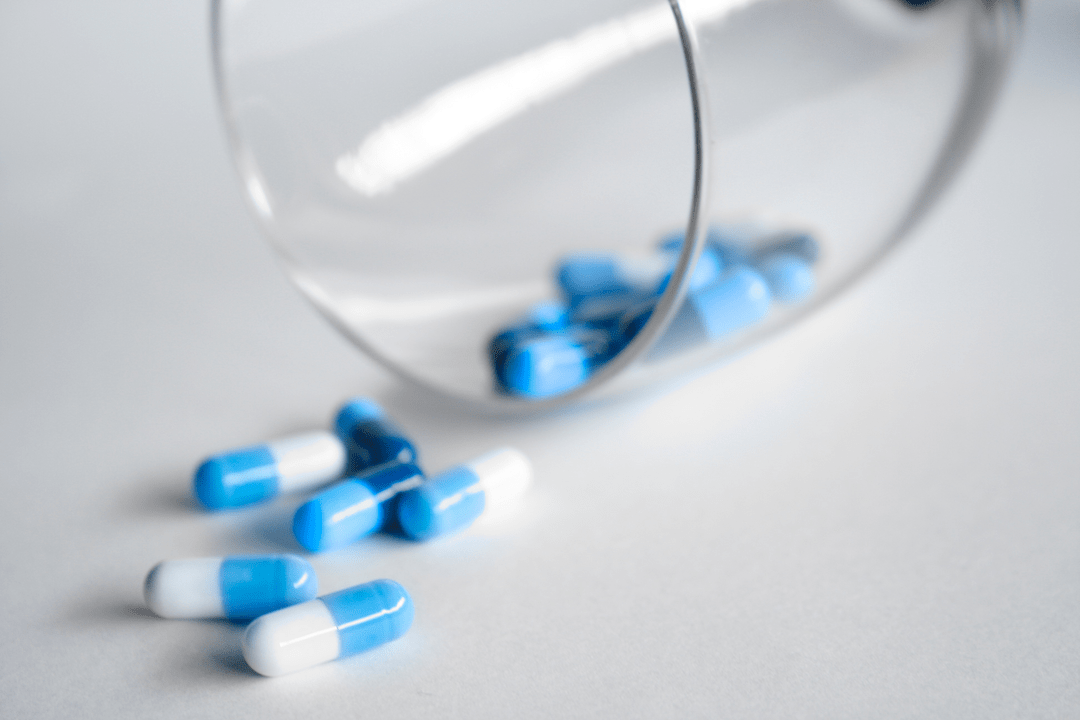Are antibiotics and alcohol compatible, where the dangers of this combination are justified, and when are they exaggerated? We answer this question in our article.
Sometimes antibiotics are very important. They are prescribed for various ailments, and often it happens entirely "at the wrong time": on the eve of a long-awaited celebration or, for example, a corporate party.
They find themselves in such a situation, some feel bored at the festive table, firmly refuse even a glass of wine or a sip of beer, others decide to stop taking antibiotics, for sure they will damage their own bodies. .
Let’s make a reservation right away: skipping one or two doses of the drug can negate the effectiveness of treatment, moreover, irregular intake of antibiotics will make the pathogen more resistant to its effects and thus will only exacerbate the problem. To defeat the bacteria that are "hardened" by these experiments, you will need to increase the dose or give a stronger drug.
And what will happen if you drink a glass of wine or a little beer with a background of antibacterial treatment? Most likely not. According to British scientists, quoted by the Russian Air Force Service, alcohol in no way affects the action of the most commonly used antibiotics. They are interrelated, which means that unpleasant "side effects" from such a combination cannot be expected, of course, if the problem is limited to one glass of wine and we do not discuss some drugs that should not be mixed with alcohol. in any quantity.

To understand all the risks associated with the simultaneous administration of medications, including antibiotics, with alcohol, you should read the instructions carefully and make sure that these things are not in them.
What antibiotics are best not to combine with alcohol
There is no need to take risks and consume alcohol during treatment with antibiotics, which are included in this class, because a number of studies confirm that ethanol weakens its effect.
It is also important to consider the fact that the substances metronidazole and tinidazole enter into a chemical reaction with alcohol and increase its toxic effects on the liver. The data on this score, however, are somewhat contradictory, however, is this worth the risk?
Some members of the cephalosporin group slow down the breakdown of ethanol, thus triggering a disulfiram reaction. These drugs block enzymes that help break down acetaldehyde, which eventually accumulates in the body and provokes headaches, nausea, tachycardia, shortness of breath, seizures and other unpleasant symptoms.
Similar reactions, according to some reports, can also be provoked by some bacteriostatic antibiotics, which, however, have not been frequently used lately. The combination of alcohol and antifungal agents is dangerous.

Alcohol and some antibiotics can not only negate the whole therapy, but are also harmful
Long -term use of antibiotics and alcohol
At the same time, it is important to understand that with prolonged use, many antibiotics, including erythromycin, rifampicin, tetracycline, sulfonamides, nitrofurans, and lincomycin, accumulate in high concentrations in bile and, over time, can cause toxic liver damage. As a major detoxification organ, it itself suffers from the side effects of medications. And although phenomena such as cholestatic hepatitis and even the infiltration of fat into liver cells are usually temporary, it remains worthless to add this vital organ, which has to work with a double load if necessary to metabolize drugs and alcohol.

Avoiding alcohol is the best option for most medications.
Another argument for avoiding alcohol during antibiotic treatment is the ability of ethanol to cause dehydration and slow down the overall healing process.
What antibiotics have not been combined
However, the problem is not limited to just stopping drinking alcohol while taking antibiotics. An important role is played by what other medications a person is taking and also what to drink with the medication being taken.
So, for example, a glass of milk drunk with antibiotic pills or a piece of curd casserole eaten can negate all the benefits of the drug. Penicillin and tetracycline, which form stable chelate complexes with calcium, are the worst combined with dairy products. But it is acceptable to drink erythromycin with milk.
Antibiotics are not combined with tea, coffee, lemonade, fruits and fruit juices, as well as dishes containing vinegar.
You need to take antibiotics strictly according to the instructions on a regular basis. If this is not limited to taking one drug, it is important to ensure that the drugs do not conflict with each other. A qualified doctor, of course, will not prescribe an inappropriate medication, but he or she may also not know that you are undergoing treatment with another specialist and taking the pills prescribed by him or her.
So, for example, cholestyramine substances and enterosorbent preparations taken simultaneously with antibiotics reduce the absorption of the latter. Taking erythromycin with oral contraceptives can cause intrahepatic cholestasis, and some antibiotics can reduce the effectiveness of oral contraceptives.
It is dangerous to combine cephalosporins with thrombolytes because of the risk of bleeding, and macrolides and fluoroquinolones can enhance the toxic effects of theophylline.

The combination of alcohol and some drugs can be fatal
What drugs are dangerous to combine with alcohol
Do not combine painkillers, antidepressants, muscle relaxants, antihypertensives, antipsychotics, diuretics, antipyretics, cardiovascular medications, anticoagulants, painkillers, antihistamines and sleeping pills, and birth control pills with alcohol. In each case, the unwanted side effects will be different, and sometimes quite dangerous.
Finally, we note: in order to avoid problems with antibiotics, read the instructions carefully. You certainly can’t decide to take antibiotics on your own. Your doctor should prescribe it. Medications themselves are fraught with serious health problems.
























